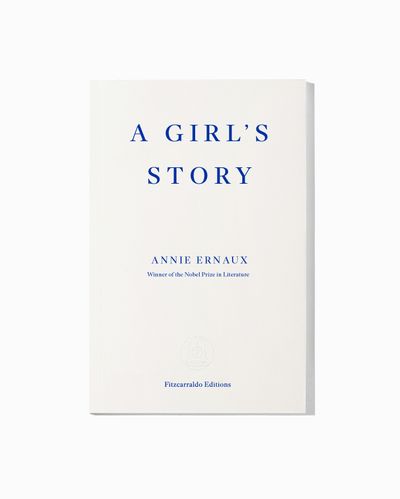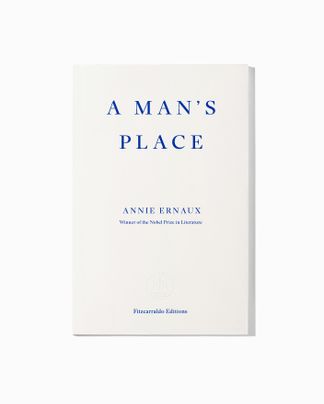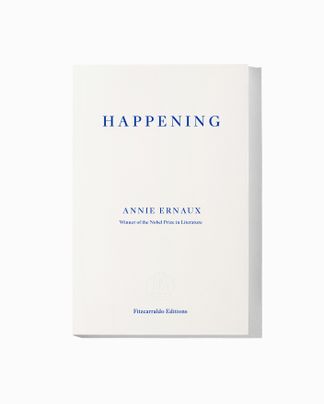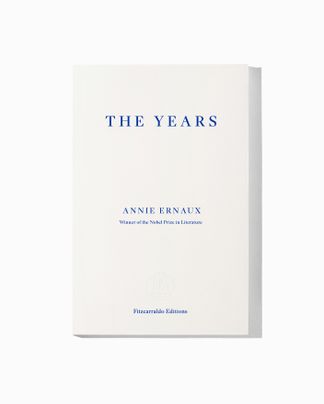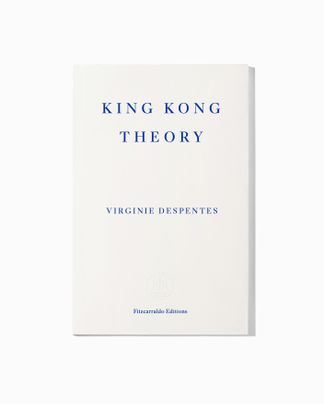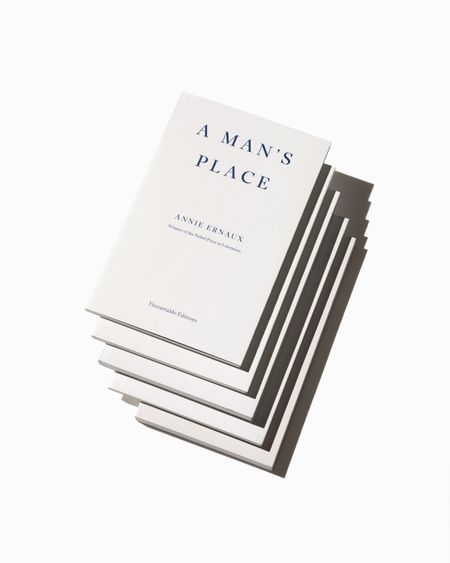Winner of the Nobel Prize in Literature 2022 | Co-funded by the Creative Europe Programme of the European Union
‘I too wanted to forget that girl. Really forget her, that is, stop yearning to write about her. Stop thinking that I have to write about this girl and her desire and madness, her idiocy and pride, her hunger and her blood that ceased to flow. I have never managed to do so.’ In A Girl’s Story, her latest book, Annie Ernaux revisits the summer of 1958, spent working as a holiday camp instructor in Normandy, and recounts the first night she spent with a man. When he moves on, she realizes she has submitted her will to his and finds that she is a slave without a master. Now, sixty years later, she finds she can obliterate the intervening years and return to consider this young woman whom she wanted to forget completely. In writing A Girl’s Story, which brings to life her indelible memories of that summer, Ernaux discovers that here was the vital, violent and dolorous origin of her writing life, built out of shame, violence and betrayal.

